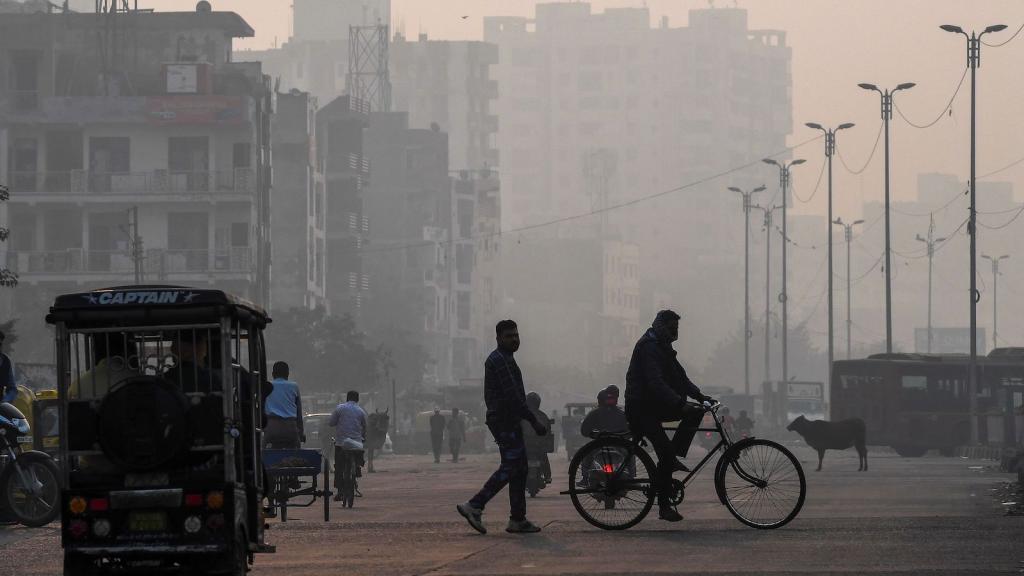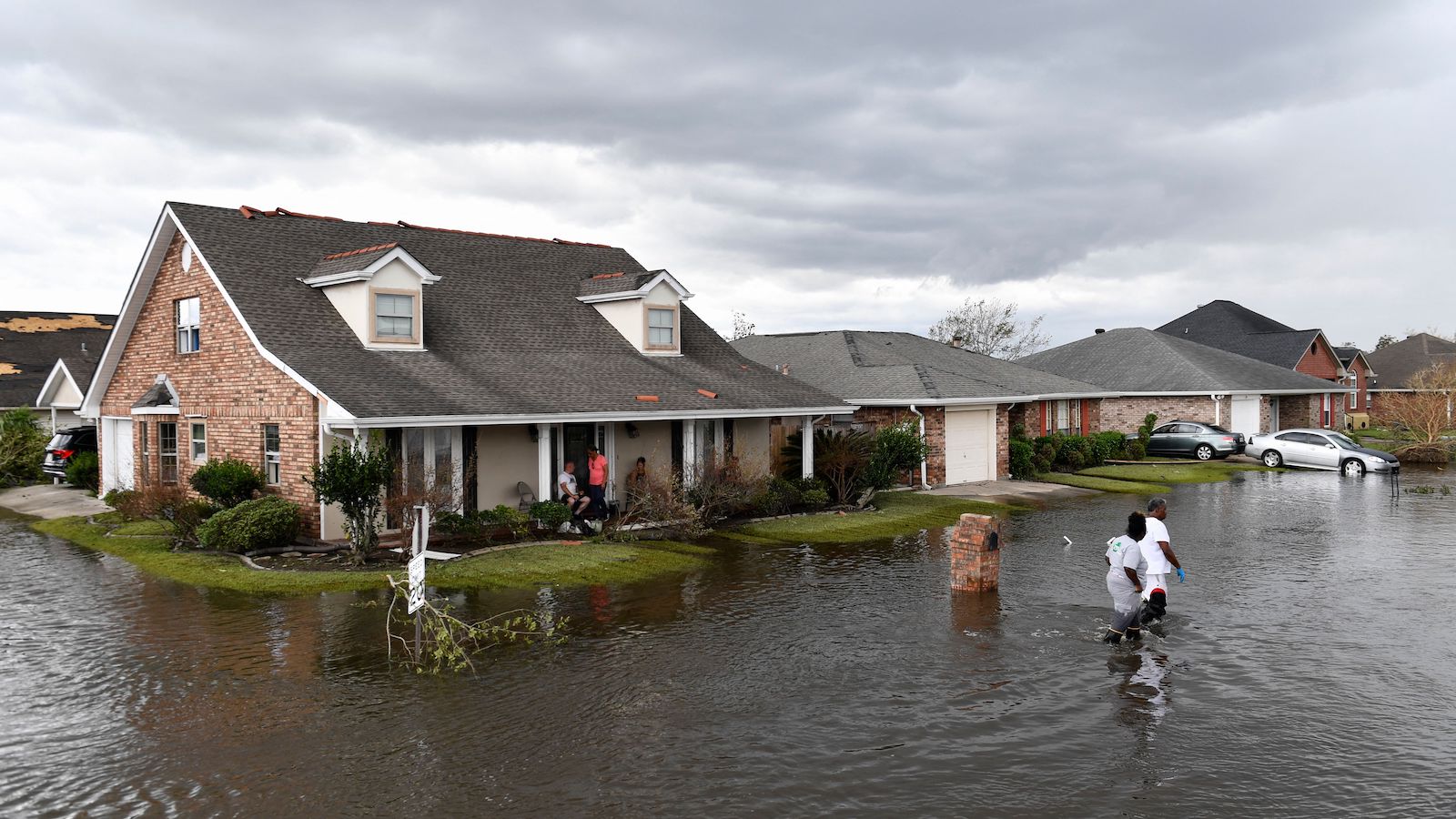COVID-19 has upended daily life like nothing else this century. It has shuttered economies, plunged millions into economic uncertainty, and killed 4.5 million and counting since the start of last year. For these reasons and many more, the pandemic has dominated any discussion around public health. But medical experts are warning of an even worse threat.
More than 230 medical journals came together on Sunday to name climate change as the “greatest threat to global public health,” calling on world leaders to take immediate action to limit global warming and the destruction of the natural world. Climate-related extreme weather is already exacting a heavy toll on people worldwide, the editorial said, and things will only get worse if global temperatures climb 1.5 degrees Celsius (2.7 degrees Fahrenheit) above levels in the early 19th century. The world has already warmed 1.1 degrees C (2 degrees F).
“No temperature rise is ‘safe,’” the authors warned, saying that a failure to act now would have cataclysmic, irreversible consequences for human health. “Despite the world’s necessary preoccupation with COVID-19, we cannot wait for the pandemic to pass to rapidly reduce emissions.”
The report follows a summer of climate-related disasters around the world, from British Columbia’s deadly heat dome to torrential deluges in China. In the U.S. alone, extreme weather related to climate change has claimed at least 388 lives and affected nearly one in three people. On the West Coast, devastating wildfires have spread smoke as far away as Europe, potentially exacerbating the threat of COVID-19.
Long before the words “quarantine” and “social distancing” entered the vernacular, the climate crisis was already beginning to harm people around the world. For people over 65, the editorial said, the past 20 years have seen a 50 percent jump in heat-related mortality, and rising temperatures have contributed to a greater risk from skin cancer, dehydration, kidney malfunction, tropical infections, pregnancy complications, mental health problems, allergies, and deaths from heart and lung disease.
The journals pointed to even wider consequences, too. Heat-related yield decreases for major crops, for instance, have made it harder to combat undernourishment, and widespread habitat destruction is setting the stage for future pandemics. As with COVID-19, the editorial said, the planet’s most vulnerable populations will suffer disproportionately — including children, elderly people, ethnic minorities, and the poor.
Without necessary action from world leaders, the editorial said, the result will likely be a 2-degree-Celsius spike in global temperatures, an outcome that would be “catastrophic.”
The medical profession has been drawing connections between climate change and health for years now. The Lancet, a leading medical journal, has been calling climate change the world’s “greatest global health threat” since at least 2009, and the World Health Organization has spent decades calculating climate change’s toll on human health. Most recently, the organization has predicted that climate-related heat stress, malnutrition, and diseases like malaria may cause a quarter of a million deaths between 2030 and 2050.
Beating back the threat of climate change, the editorial’s authors said, demands fundamental changes to the planet’s societies and economies — not just a simple swap of dirty technologies for cleaner ones. They insisted that governments treat the climate crisis with the same urgency as COVID-19, committing massive investments — “beyond what is being considered or delivered anywhere in the world” — toward the redesign of cities, transportation networks, food systems, health care, and more. According to the editorial, the health and economic benefits associated with such changes would be immense, easily offsetting the costs of emissions reductions.
The editorial urged leaders at upcoming climate- and biodiversity-related conferences to take action to protect world health. Rich countries in particular must do more to help developing nations build just and sustainable infrastructure, the authors said — through grants, rather than loans, that are partially geared toward improving the resiliency of their health care systems to climate change.
“The greatest threat to global public health is the continued failure of world leaders to keep the global temperature rise below 1.5° C and to restore nature,” the editorial said. “We, as editors of health journals, call for governments and other leaders to act, marking 2021 as the year that the world finally changes course.”




